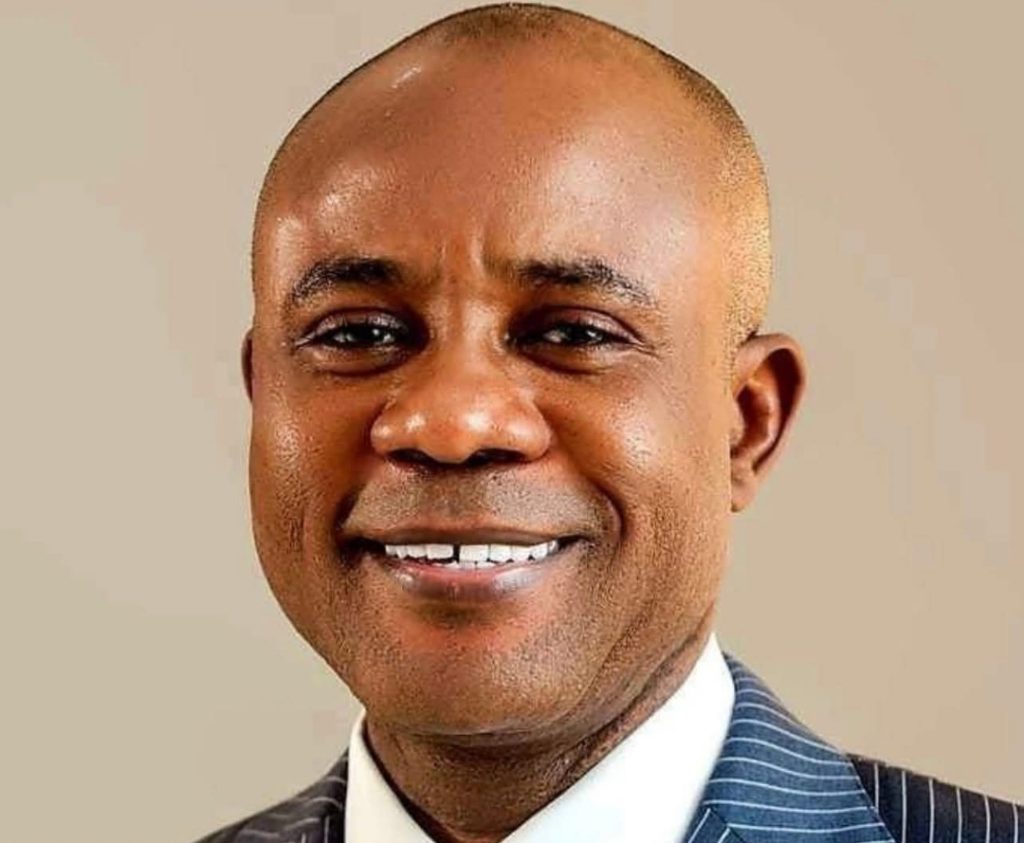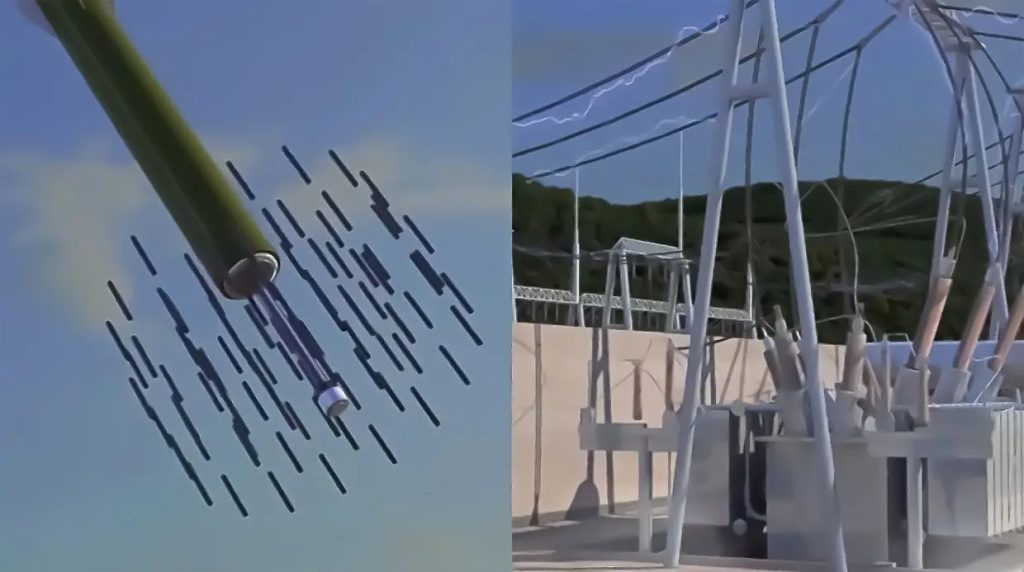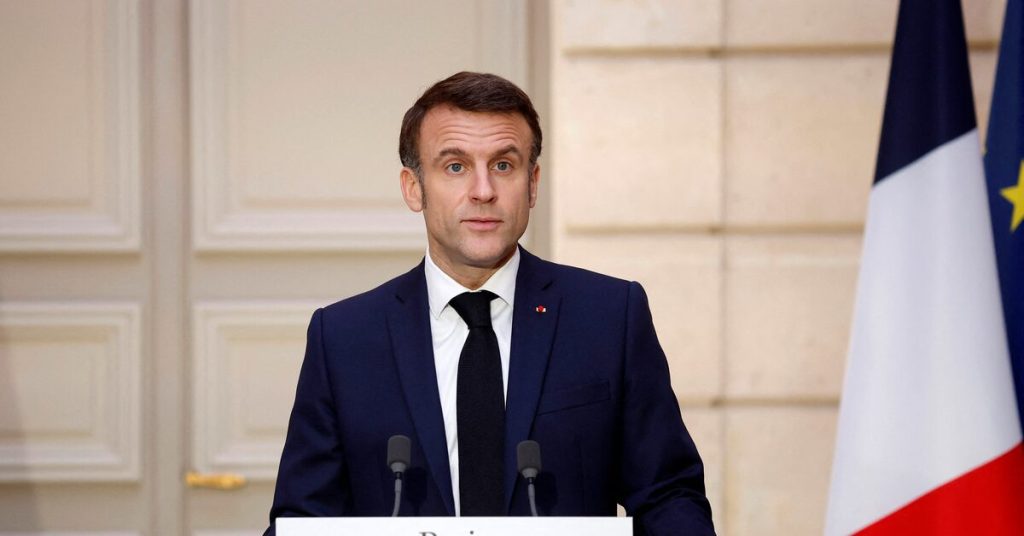Economy
Lokpobiri denies ordering NNPCL petrol price hike

The Minister of State for Petroleum Resources (Oil), Senator Heineken Lokpobiri, has denied issuing any pricing directive for the Nigerian National Petroleum Company Limited (NNPC Ltd.) to raise petroleum prices to N1,000.
In a statement released on September 3, 2024, by his Special Adviser on Media and Communication, Nnaemaka Okafor, Lokpobiri clarified that he did not instruct NNPC Ltd. or any other sector entity to alter fuel prices.
He explained that NNPC Ltd. functions as an independent entity under the Companies and Allied Matters Act (CAMA), with a fully empowered Board of Directors.
The Ministry of Petroleum Resources does not and will not interfere in NNPC Ltd.’s internal decisions, including pricing.
He stated:
“The Federal Government has been compelled to address the outright falsehood and malicious claims currently circulating on social media.
“We categorically condemn these claims as baseless, malicious, and a deliberate attempt to incite public discontent.
“We challenge anyone in possession of any evidence-be it written documents, audio, or video recordings-that supports these fabrications to make it public.
“Such a claim is entirely devoid of truth and should be recognized as an intentional effort to mislead the public.
“Any suggestion otherwise is not only incorrect but also reveals a profound misunderstanding of the deregulated nature of Nigeria’s petroleum sector.”
He urged the public to disregard these malicious rumors.
“Any claim to the contrary is nothing more than an ill- conceived attempt to sow discord and confusion.
“We urge all Nigerians to remain vigilant and rely solely on information from verified and official channels”, he added.
History of fuel pricing in Nigeria
Fuel pricing in Nigeria has been a contentious issue for decades, heavily intertwined with the country’s socio-economic and political landscape.
The history of fuel pricing in Nigeria dates back to the post-independence era, when the government controlled fuel prices through subsidies.
In the 1970s, following the oil boom, the Nigerian government heavily subsidized fuel prices to make petroleum products affordable for its citizens.
However, this subsidy became a significant financial burden over time, leading to calls for reform.
Transition to deregulation
Efforts to deregulate the downstream petroleum sector began in earnest in the 2000s under the administration of President Olusegun Obasanjo.
Deregulation refers to the removal of government controls over the pricing of petroleum products, allowing market forces to determine prices.
The first significant attempt to deregulate fuel prices was in 2003, which faced strong opposition from labor unions and civil society groups, resulting in partial deregulation.
In 2012, President Goodluck Jonathan’s government removed fuel subsidies, causing fuel prices to nearly double overnight.
This decision sparked widespread protests, leading the government to partially reverse it by reinstating some subsidies.
The full deregulation of fuel prices was not achieved until June 2020, under President Muhammadu Buhari’s administration.
The government officially announced that it would no longer subsidize fuel, marking a significant shift towards market-determined pricing.
NNPC’s role in pricing
The NNPC Ltd. plays a pivotal role in the country’s fuel pricing mechanism, especially in the context of a deregulated market.
NNPC Ltd. became a limited liability company under the 2021 Petroleum Industry Act (PIA), shifting from a government corporation.
It operates independently under CAMA.
This restructuring aimed to make NNPC Ltd. more commercially oriented and less dependent on government directives.
In a deregulated environment, NNPC Ltd. sets prices based on market conditions, including crude oil, refining, and logistics costs.
Though the government does not control fuel prices, NNPC Ltd. influences them as the main importer of refined petroleum.
The company informs its pricing decisions based on global oil prices, exchange rates, and domestic demand-supply dynamics.
Given its dominant position in the market, NNPC Ltd.’s pricing strategy can significantly impact overall market prices.
The company’s transition to a commercially-driven entity under deregulation aims to foster competition and improve efficiency.
This change also aims to ensure the Nigerian market has a steady supply of petroleum products.
For Diaspora Digital Media Updates click on Whatsapp, or Telegram. For eyewitness accounts/ reports/ articles, write to: citizenreports@diasporadigitalmedia.com. Follow us on X (Fomerly Twitter) or Facebook











